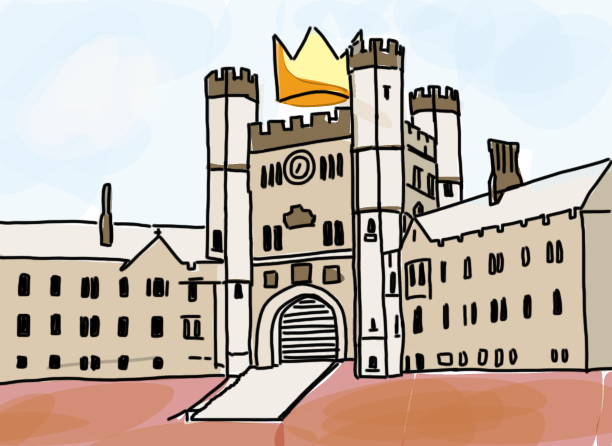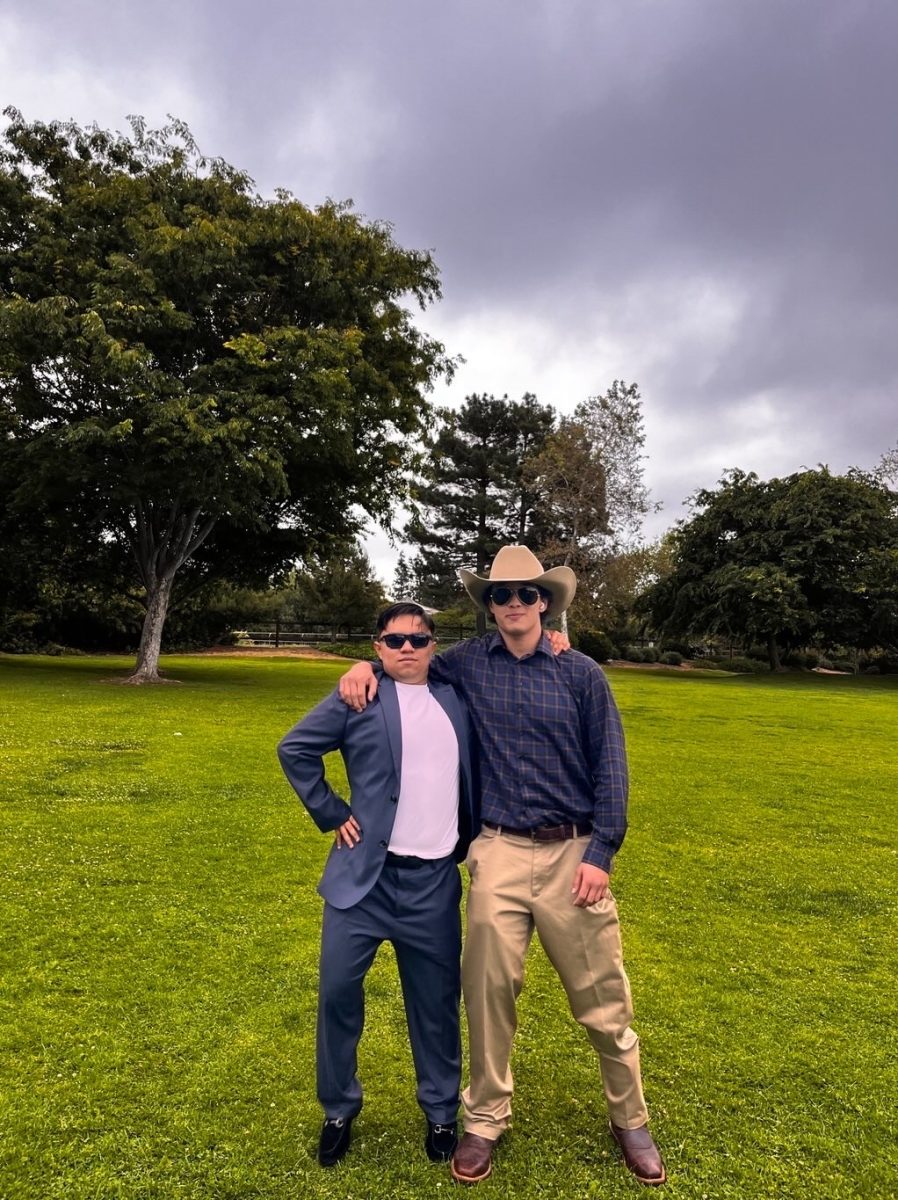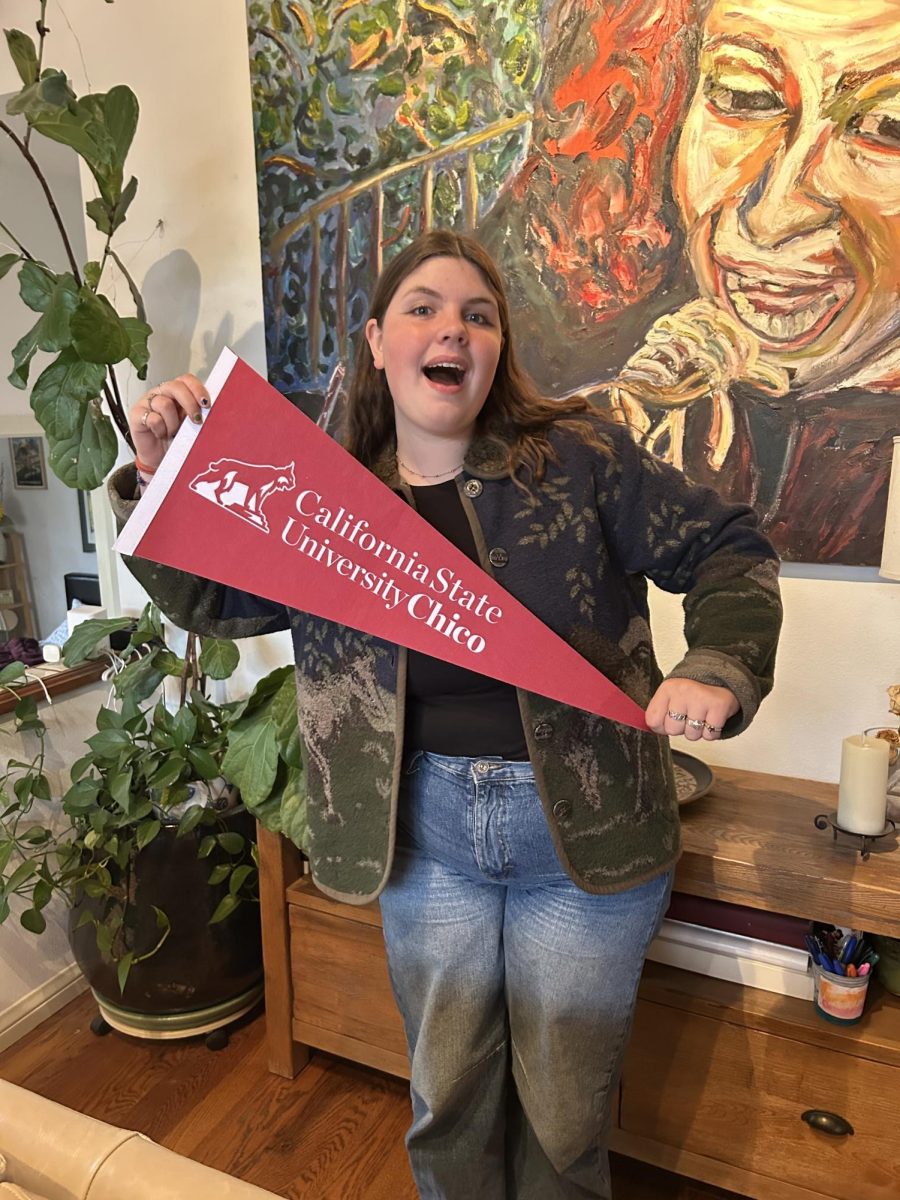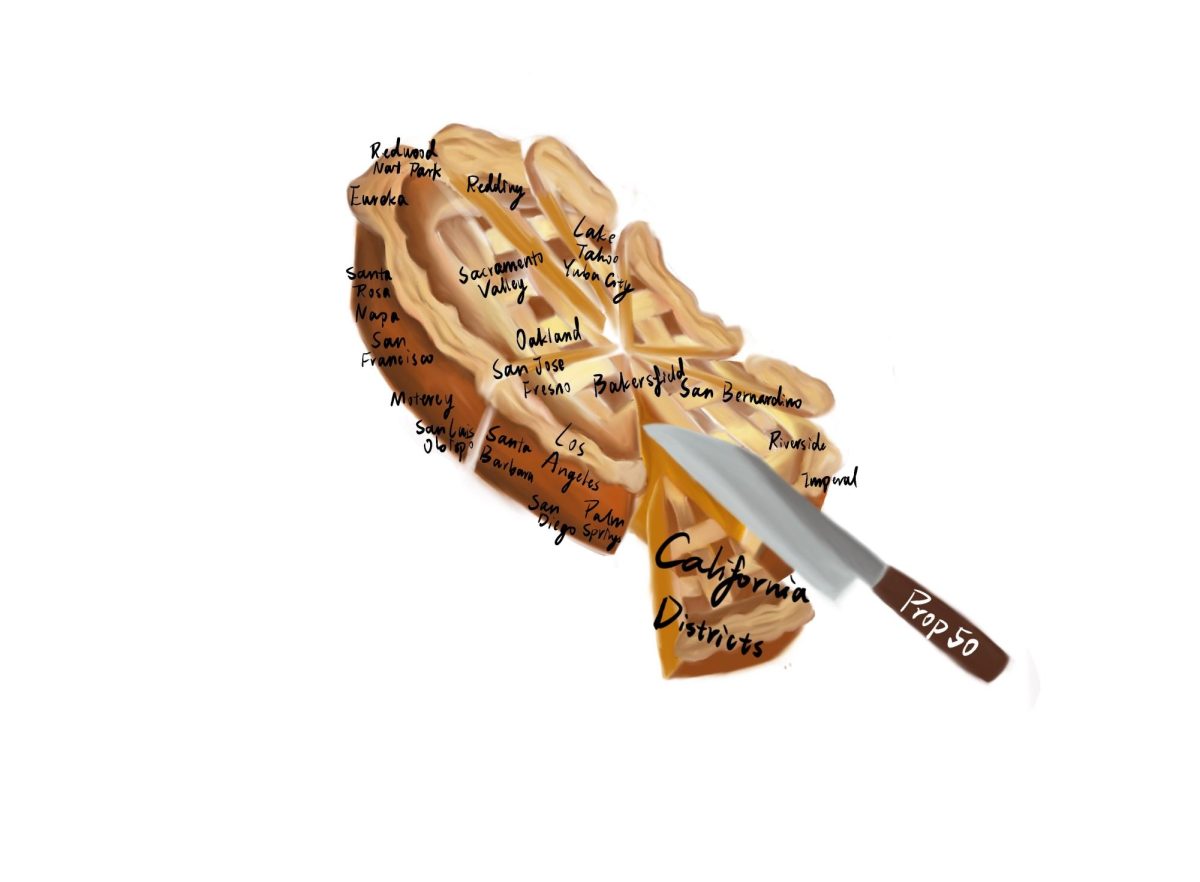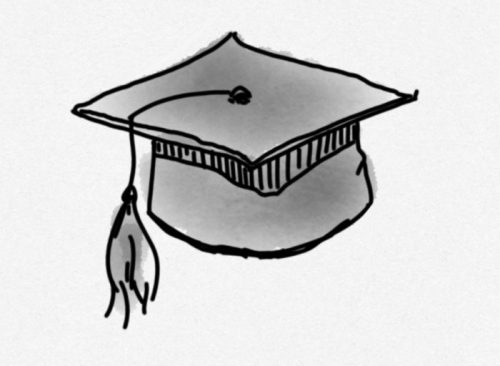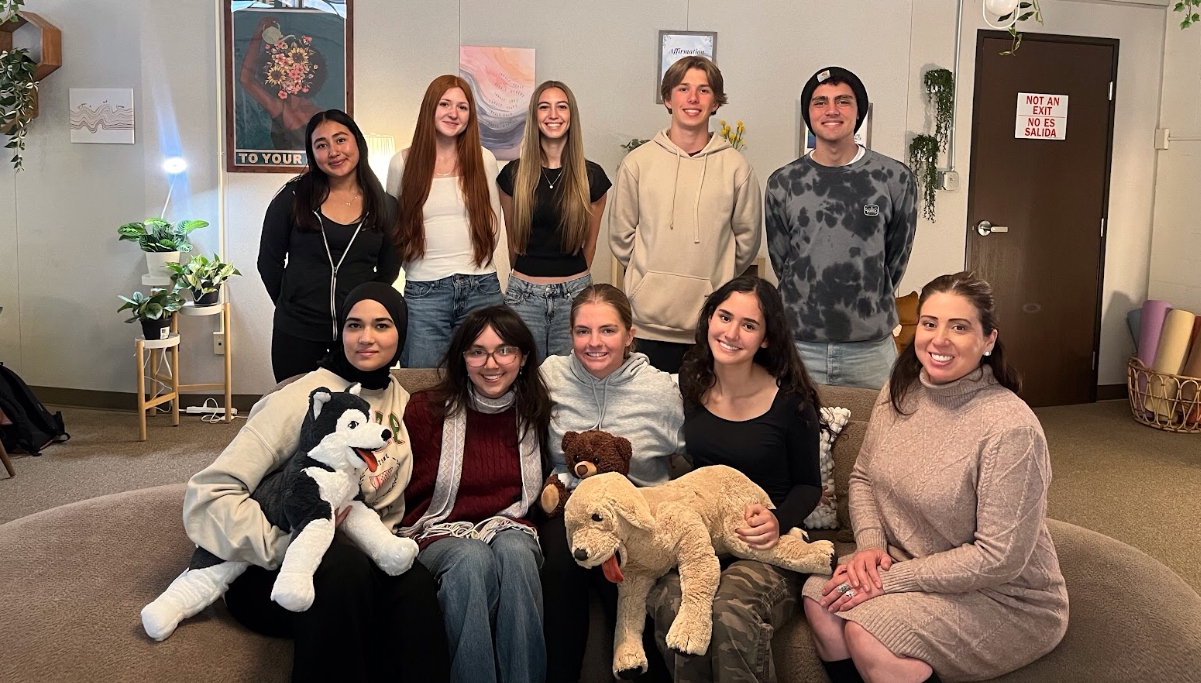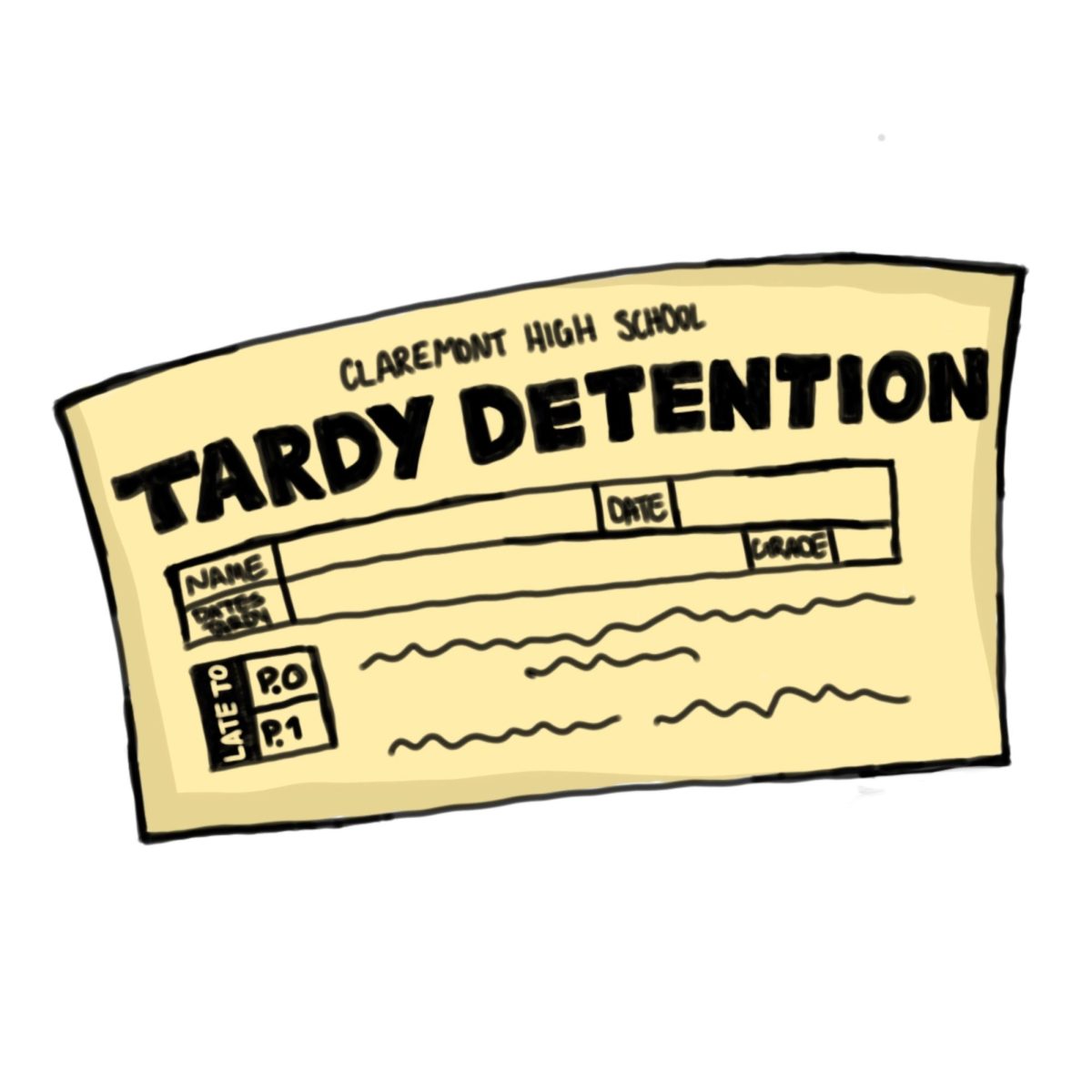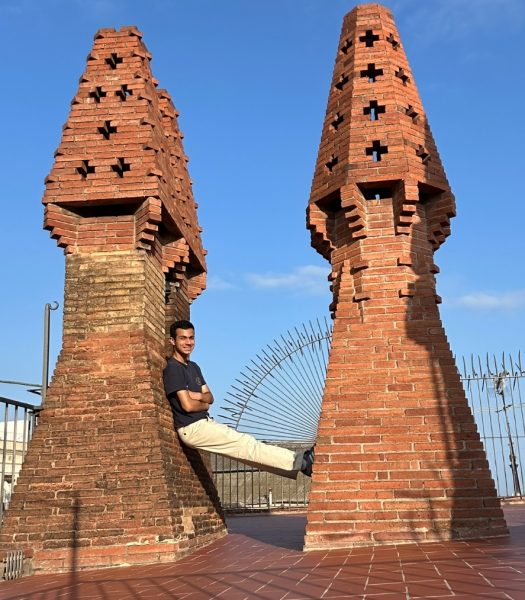Now that the dreaded college admissions season has rolled around, seniors at CHS are undoubtedly stressing over how their future education will unfold. That is, of course, unless someone is lucky enough to have ten prior generations of Ivy League alumni in their family who have cumulatively donated over a million dollars to said institutions—but that is not an attainable standard for every student. The stress of not having alumni and donor ties, frequently referred to as having a “legacy,” to prestigious universities has long plagued California residents and concerned students who have neither. However, it seems that this trend will be short-lived, as Governor Gavin Newsom has recently passed Assembly Bill 1780: a bill which will bar California’s private colleges from making decisions based on all types of legacy starting next year.
Assembly Bill 1780, also referred to as AB 1780, would specifically ban schools from including options on application forms that allow students to specify if their families have previously attended or donated to the same school. It would also require schools to submit a report to the California Department of Justice that compares legacy admissions to non-legacy admissions and details whether or not they consciously admitted any students based on legacy status. For as extensive as this bill is, however, it will not affect many. Only six private universities and colleges in California still consider legacy, with those schools being Stanford University, USC, Santa Clara University, the California campus of Northeastern University, and Claremont’s very own college duo of Claremont McKenna and Harvey Mudd. Cumulatively, only about 2,100 students were admitted to California undergraduate programs based on legacy ties; essentially, this bill might affect a group of people smaller than CHS’ student body.
In reality, AB 1780’s passage is more symbolic. Governor Newsom has said in press statements that the principle behind the bill is something he fundamentally agrees with.
“In California, everyone should be able to get ahead through merit, skill, and hard work,” Newsom said. “The California Dream shouldn’t be accessible to just a lucky few, which is why we’re opening the door to higher education wide enough for everyone, fairly.”
And for the purposes of spreading this “merit-first” principle, AB 1780 is doing quite a lot. California would only be the fifth state to outright ban legacy admissions across state universities, joining Illinois, Maryland, Colorado, and Virginia in this practice. Hopefully, California (being the biggest and most populated state by a large margin to ban legacy admissions) will kickstart the trend for the rest of the U.S., ensuring that Newsom’s aforementioned “merit-first” vision does not just exist inside California’s borders.
With any luck, AB 1780 will also mark the beginning of even more actions taken by the California government to ensure higher education access for everyone. Phillip Ting, California State Assemblyman and author of the bill has successfully passed bills before AB 1780 to support the accessibility of the Free Application for Federal Student Aid Support (FAFSA) and still supports further expanding college financial aid. He, much like Newsom, believes that current measures are merely the start of equal education access for the state and country.
“If we value diversity in higher education, we must level the playing field,” Ting said. “That means making the college application process more fair and equitable.”
However well this effort from Assemblyman Ting and Governor Newsom goes in the future, one certainty is that CHS students stand to gain a lot from this. Although it hits close to home with two of the Claremont Colleges being held to the change, AB 1780 has finally opened the window for much of the student body to shoot for their in-state dream school. Gone will be the extra stress of thinking that those with the biggest wallets will beat them to it, hopefully bringing a more diverse crop of students to the Claremont Colleges and to the entire state.



